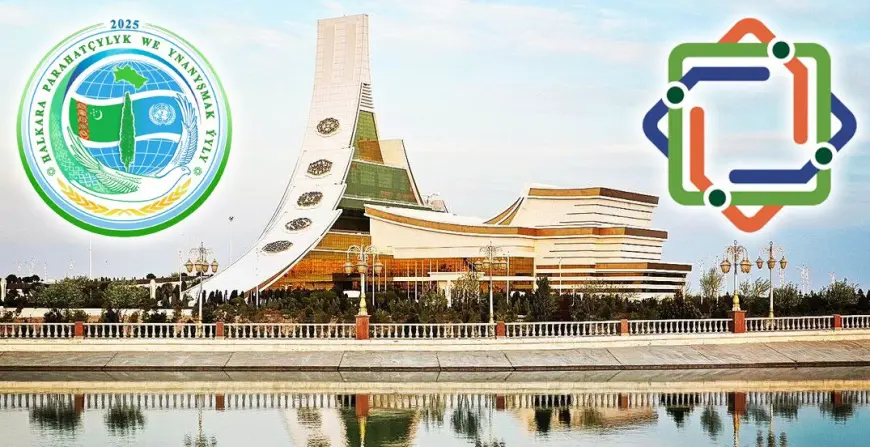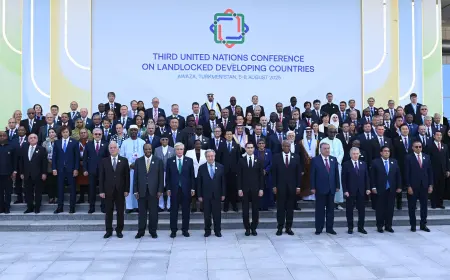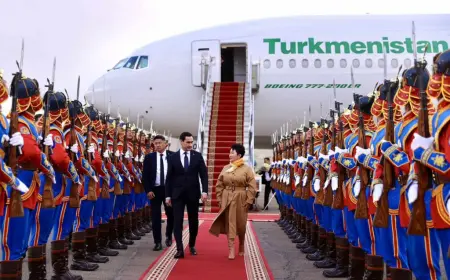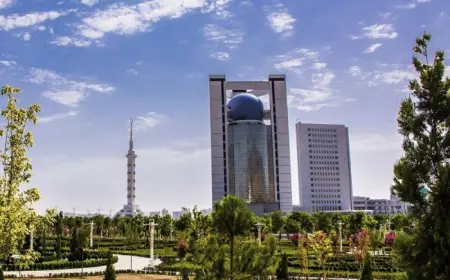The Third United Nations Conference on Landlocked Developing Countries: Challenges, Programs, and Development Prospects
Landlocked developing countries (LLDCs) face unique economic and social challenges due to their geographic position. The lack of direct access to seaports significantly limits opportunities for trade development, transport infrastructure, and integration into the global economy. To address these challenges and provide support to these countries, the United Nations (UN) holds regular conferences dedicated to LLDC issues.

General Information about the Conference
The Third UN Conference on Landlocked Developing Countries was held to assess progress made, discuss current challenges, and develop new initiatives to support these nations. The event brought together representatives from over 40 LLDCs, international organizations, financial institutions, and experts.
The main goal of the conference was to raise global awareness of LLDC challenges and strengthen international cooperation to create a sustainable and integrated economic model.
Key Challenges Facing Landlocked Developing Countries
-
Transport and logistical barriers: LLDCs depend on transit countries to access seaports, leading to high transportation costs and delays.
-
Limited market access: Geographic constraints make it difficult for LLDCs to participate fully in international trade.
-
Infrastructure deficiencies: Underdeveloped transport corridors, storage, and logistics facilities hinder economic growth.
-
Vulnerability to global economic and climate changes.
Key Programs and Initiatives Discussed at the Conference
-
Development of Transport and Transit Infrastructure
One of the main topics was improving transport corridors connecting LLDCs to ports in neighboring countries and international markets, including:
-
Construction and modernization of roads, railways, and transport hubs.
-
Development of multimodal transport systems combining rail, road, and inland waterways.
-
Optimization of transit procedures and customs clearance.
The UN plans to support investments and technical cooperation in this area and create platforms for regional dialogue.
-
-
Economic Diversification
The conference confirmed the importance of reducing LLDCs' dependence on a narrow range of exports to make their economies more resilient to external shocks. Focus areas include:
-
Development of industrial and processing sectors.
-
Expansion of the services sector, including tourism and information technology.
-
Support for small and medium enterprises through access to finance and training.
-
-
Strengthening Institutional Capacity
Effective participation in international trade and integration into global supply chains require enhanced competencies in government agencies and the private sector. Programs include:
-
Training specialists in customs, logistics, and international trade.
-
Establishing export support centers.
-
Improving the legislative framework and reducing bureaucratic barriers.
-
-
Sustainable Development and Climate Change Adaptation
Participants emphasized LLDCs' vulnerability to climate change and the need to adopt green technologies. Initiatives include:
-
Supporting renewable energy projects.
-
Enhancing water resource protection and preventing land degradation.
-
Integrating climate resilience into national development strategies.
-
-
Improving Access to Finance
Mechanisms to expand financial support through international funds and develop national credit systems were discussed, including:
-
Special credit lines and grants for infrastructure and innovation projects.
-
Risk guarantee programs to attract foreign investment.
-
Simplifying access to finance for small and medium enterprises.
-
Expected Outcomes and Future Prospects
The conference produced recommendations for UN member states and the international community to implement the programs outlined above. Priority actions include:
-
Strengthening international cooperation and regional integration.
-
Creating sustainable transport corridors.
-
Supporting innovation and environmentally friendly technologies.
-
Raising global awareness about LLDC challenges.
An important outcome was the agreement to continue monitoring progress and hold regular conferences to review strategies and adjust approaches as needed.
The Third UN Conference on Landlocked Developing Countries served as a key forum for uniting the efforts of states, international organizations, and the private sector to overcome the specific barriers faced by these vulnerable economies. Effective implementation of the agreed programs can help improve living standards and integrate LLDCs into the global economy in the coming decades.



























